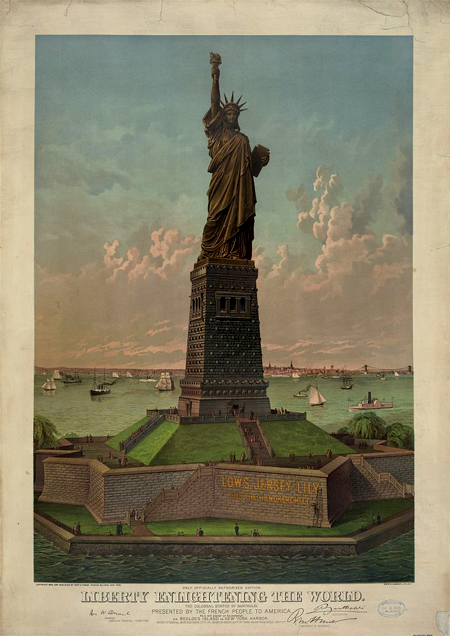Launch of two South Korean satellites threatened by Russia’s Ukraine war
According to South Korean officials, the launch later this year of two new home-built satellites on Russian rockets is now unlikely because of the sanctions imposed because of Russia’s invasion of the Ukraine.
South Korea’s CAS500-2 remote sensing satellite is set to launch in the first half of this year on a Russian Soyuz rocket from Russia’s Baikonur Cosmodrome in Kazakhstan. South Korea’s KOMPSAT-6 multipurpose satellite, equipped with synthetic aperture radar (SAR), is due to launch in the second half of the year on a Russian Angara rocket from Plesetsk Cosmodrome in northern Russia.
“For now, nothing has changed to the plan,” Korea Aerospace Research Institute spokesman Roh Hyung-il told SpaceNews. “We are taking a close look at how the situation unfolds because it could have a significant impact on our missions.” He admitted that it’s “very likely” that the satellites won’t be launched as planned.
Those officials also said that losing Russia as a launch option will be a “serious blow” to South Korea’s entire space effort. I find that puzzling. There are plenty of other rocket companies now available. Why South Korea feels a need to depend on Russia seems short-sighted.
According to South Korean officials, the launch later this year of two new home-built satellites on Russian rockets is now unlikely because of the sanctions imposed because of Russia’s invasion of the Ukraine.
South Korea’s CAS500-2 remote sensing satellite is set to launch in the first half of this year on a Russian Soyuz rocket from Russia’s Baikonur Cosmodrome in Kazakhstan. South Korea’s KOMPSAT-6 multipurpose satellite, equipped with synthetic aperture radar (SAR), is due to launch in the second half of the year on a Russian Angara rocket from Plesetsk Cosmodrome in northern Russia.
“For now, nothing has changed to the plan,” Korea Aerospace Research Institute spokesman Roh Hyung-il told SpaceNews. “We are taking a close look at how the situation unfolds because it could have a significant impact on our missions.” He admitted that it’s “very likely” that the satellites won’t be launched as planned.
Those officials also said that losing Russia as a launch option will be a “serious blow” to South Korea’s entire space effort. I find that puzzling. There are plenty of other rocket companies now available. Why South Korea feels a need to depend on Russia seems short-sighted.


